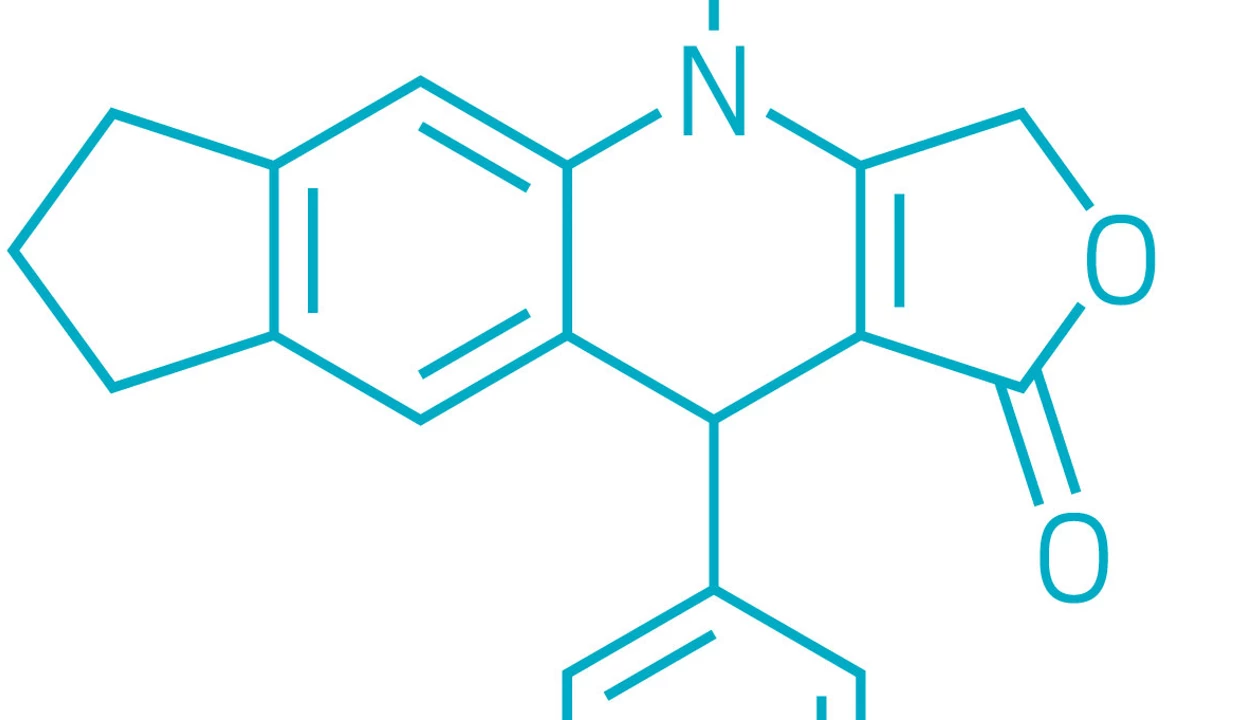Triple-negative breast cancer (TNBC) is exceptionally difficult to treat, in part because the cancer cells lack the hormone receptors that are targeted by many therapies. But now, scientists led by Sanjay Malhotra at Oregon Health & Science University have found an alternative target and small molecule that shows promise in slowing TNBC growth in a humanized mouse model (Cell Rep. Med. 2025, DOI: 10.1016/j.xcrm.2025.102451).
SU212 inhibits the activity of the enolase-1 enzyme (ENO1), also known as α enolase. ENO1 is involved in glycolysis, converting 2-phosphoglycerate to phosphoenolpyruvate, which helps cells make energy. It’s also known to be overexpressed in many cancers and in people with type 2 diabetes.
Malhotra says that cancer cells “need a lot of glucose” to grow and that “ENO1 plays an extremely important role providing those sugars” to those cancer cells. By inhibiting ENO1 with SU212, Malhotra and his colleagues were able to show that they could slow growth and reduce the size of tumors in a mouse model.
Cancer cells may be hyper-reliant on ENO1 to make fuel, but healthy cells can get around that, Malhotra says. The molecule still hasn’t been tested in humans, but Malhotra says he’s confident of the safety profile after testing it in dogs.
Malhotra says the small molecule could also be useful for other kinds of cancer beyond TNBC or as part of a combination therapy for people with TNBC and type 2 diabetes, because the molecule shows effects against both. However, more development and research are needed.
Max Barnhart is an assistant editor and life sciences reporter at C&EN.
Chemical & Engineering News
ISSN 0009-2347
Copyright ©
2025 American Chemical Society


